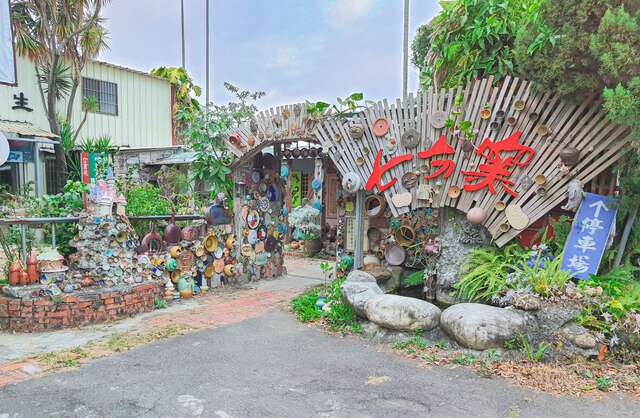Qifeng Kiln Introduction
無

無
Address:No. 1, Qifeng Alley, Kunshan St., Xinfu Village, Taichung City 426, Taiwan
無
Qifeng Kiln Travel Information
Address:No. 1, Qifeng Alley, Kunshan St., Xinfu Village, Taichung City 426, Taiwan
Tickets:Admission fee: $100, which can be offset against consumption (Children under 120 cm in height are free of admission fee)
Other Nearby Attractions: Mali Pu Leisure Agriculture Area 、 Yuenmi Greenhouse Fruit and Vegetable Tourist Farm 、 Shigang Tulu Hakka Cultural Center 、 Lover's Bridge 、 Gonglaoping Farm 、 Taichung City Library Shigang Branch 、 Shui Shui Keng Leisure Agricultural Area 、 Dongfeng Bicycle Greenway 、 Shigang Agricultural Association Rice Mill 、 Dongshi Riverside Park
Nearby Cuisine: A Smoke Again 、 A-Mu Diner 、 Dong Xiang Coffee 、 Lin's Dumpling House 、 Flavor Garden Restaurant 、 DIDI DOMO Restaurant 、 Dongshi Big Bowl Ice Shop 、 Dongshi Old Railway Station and Hakka Cultural Park 、 Mushroom God Scenic Complex Restaurant 、 Dragon's Nest Chicken City